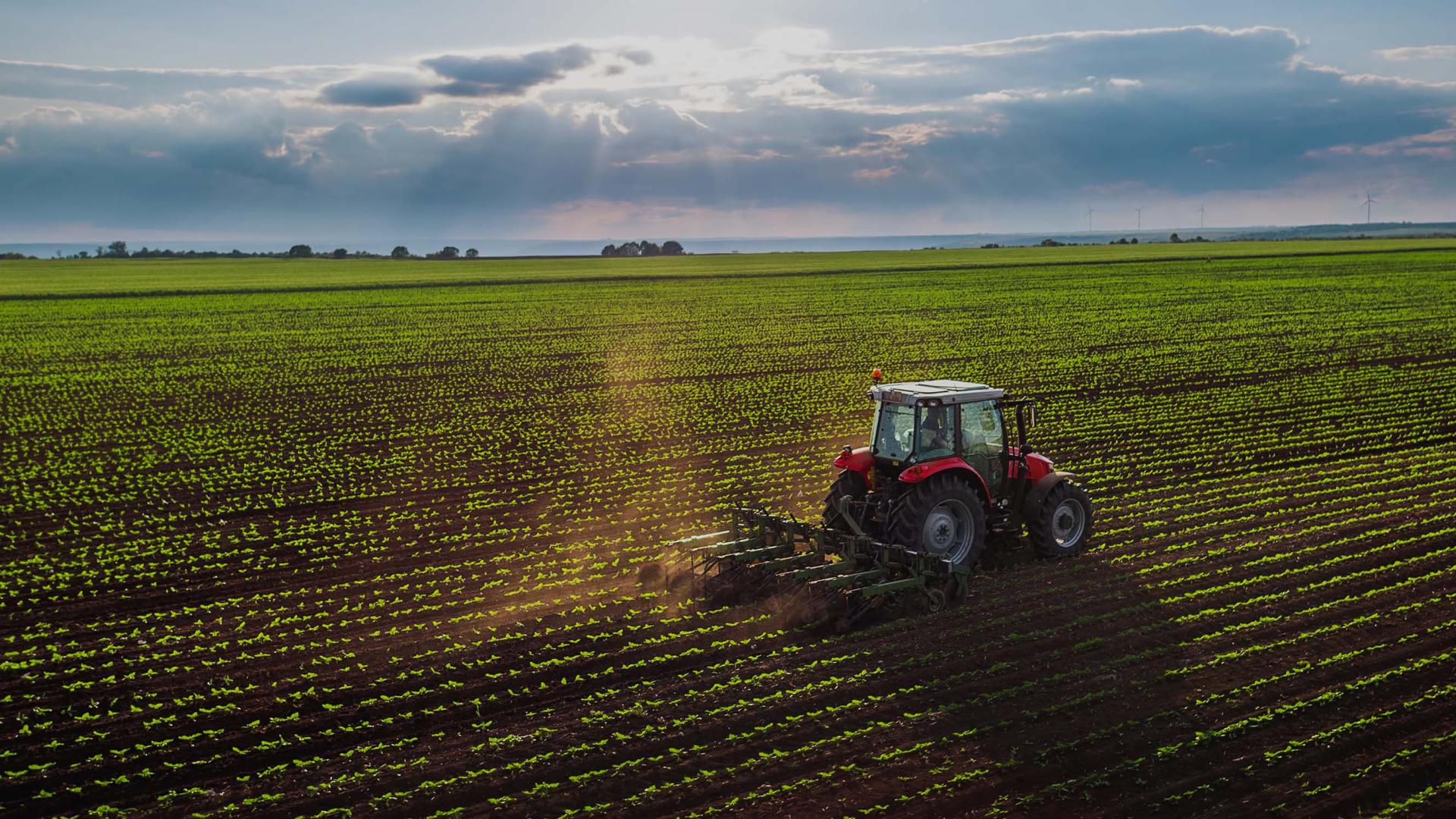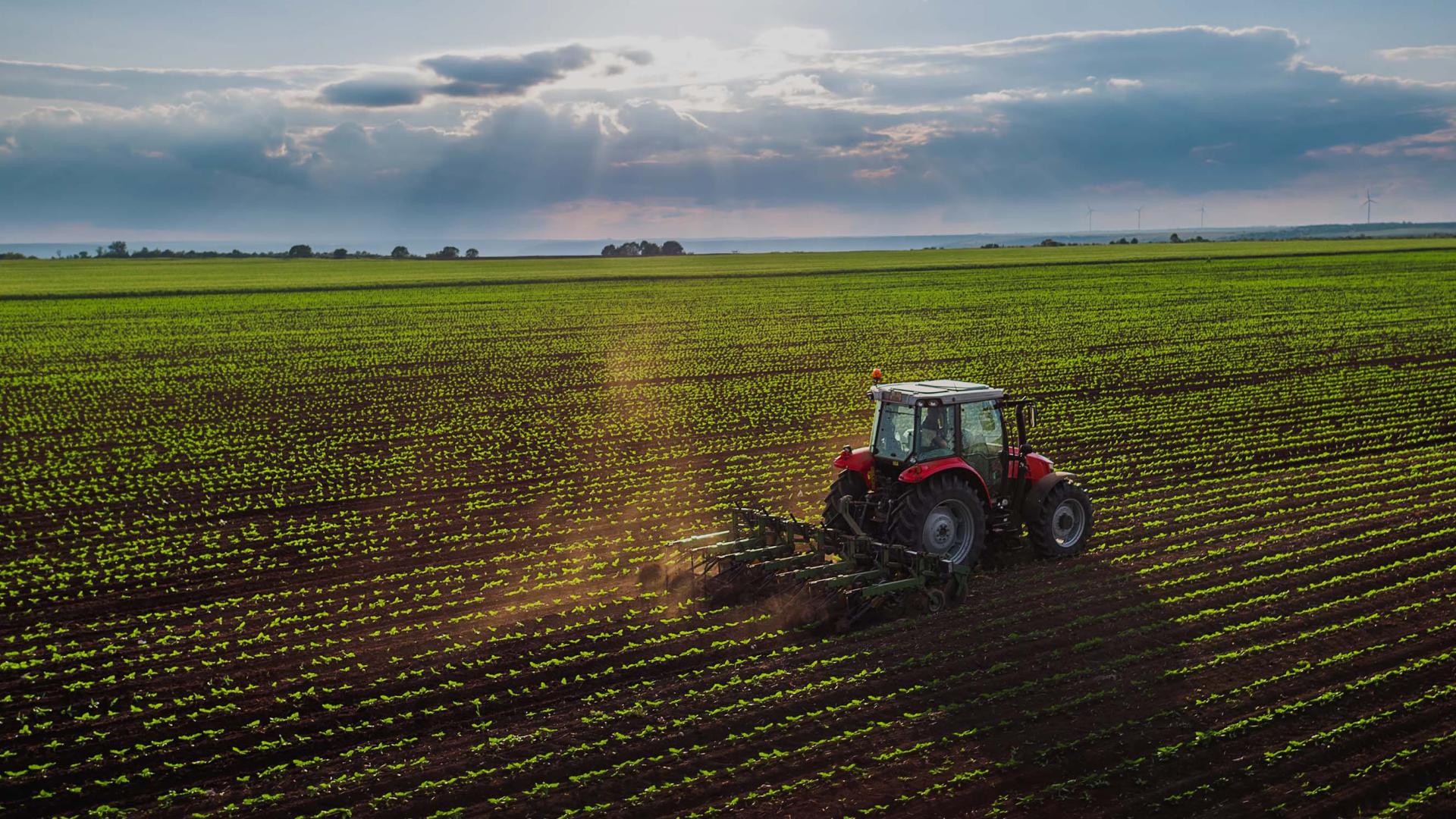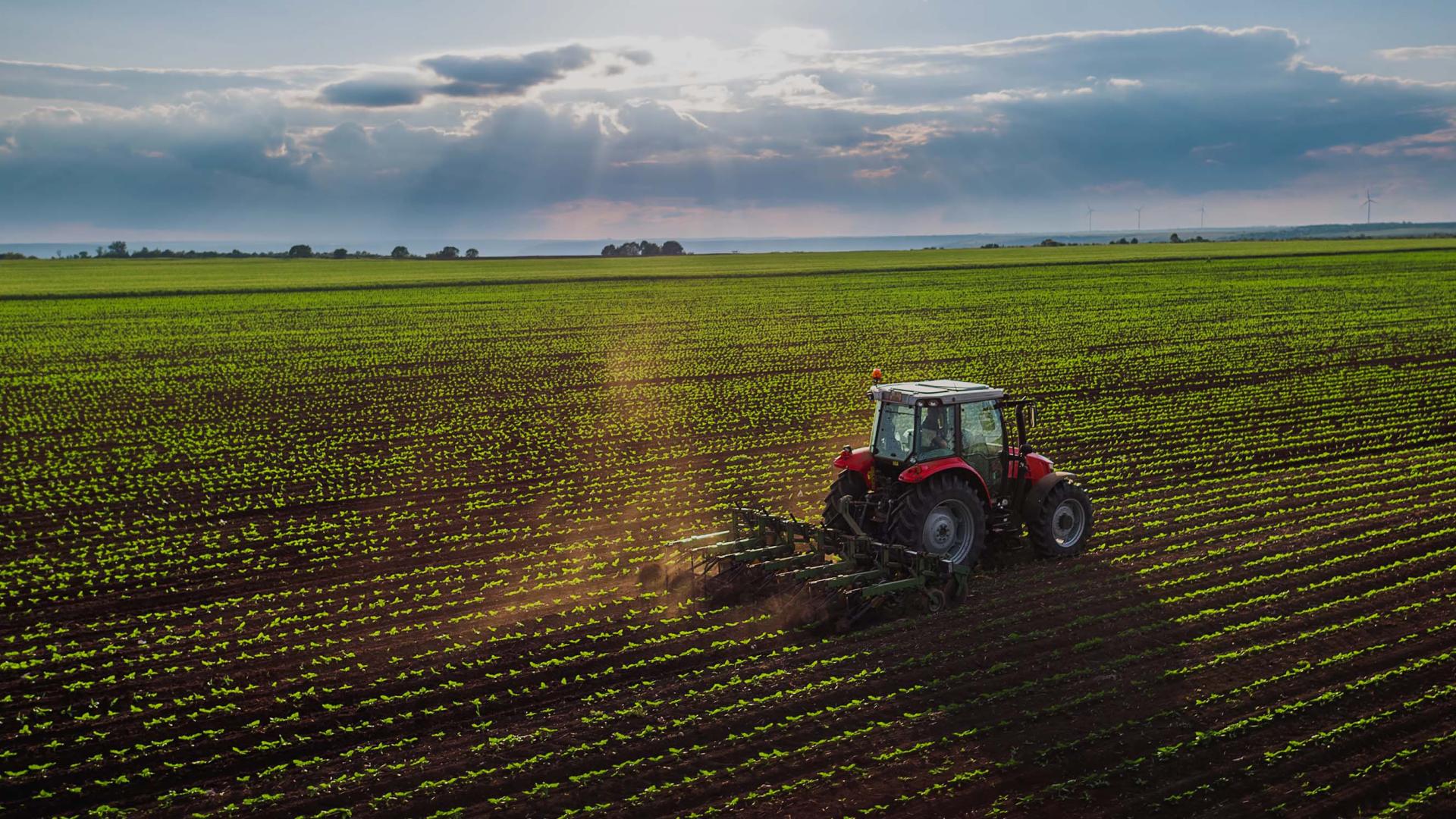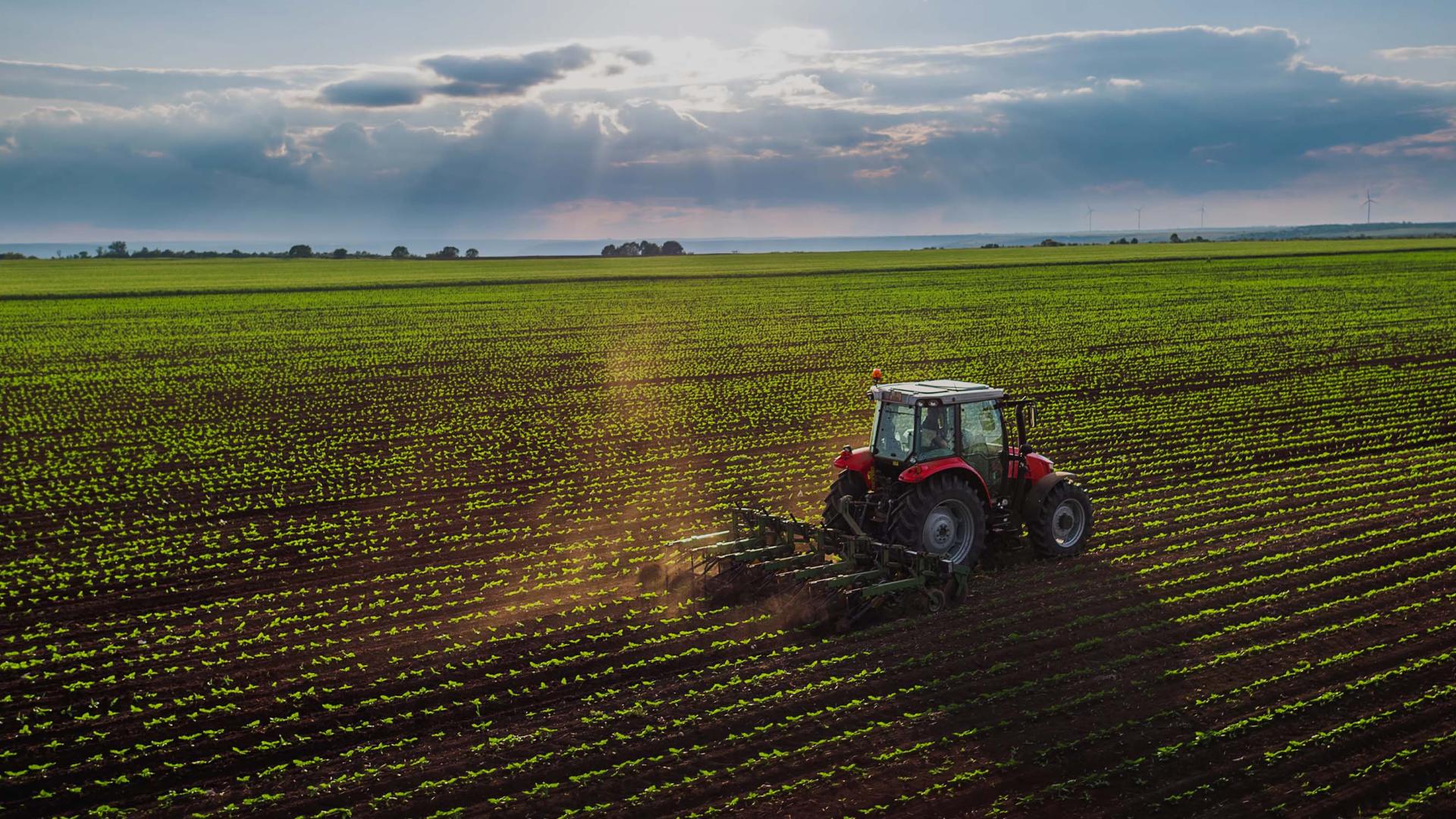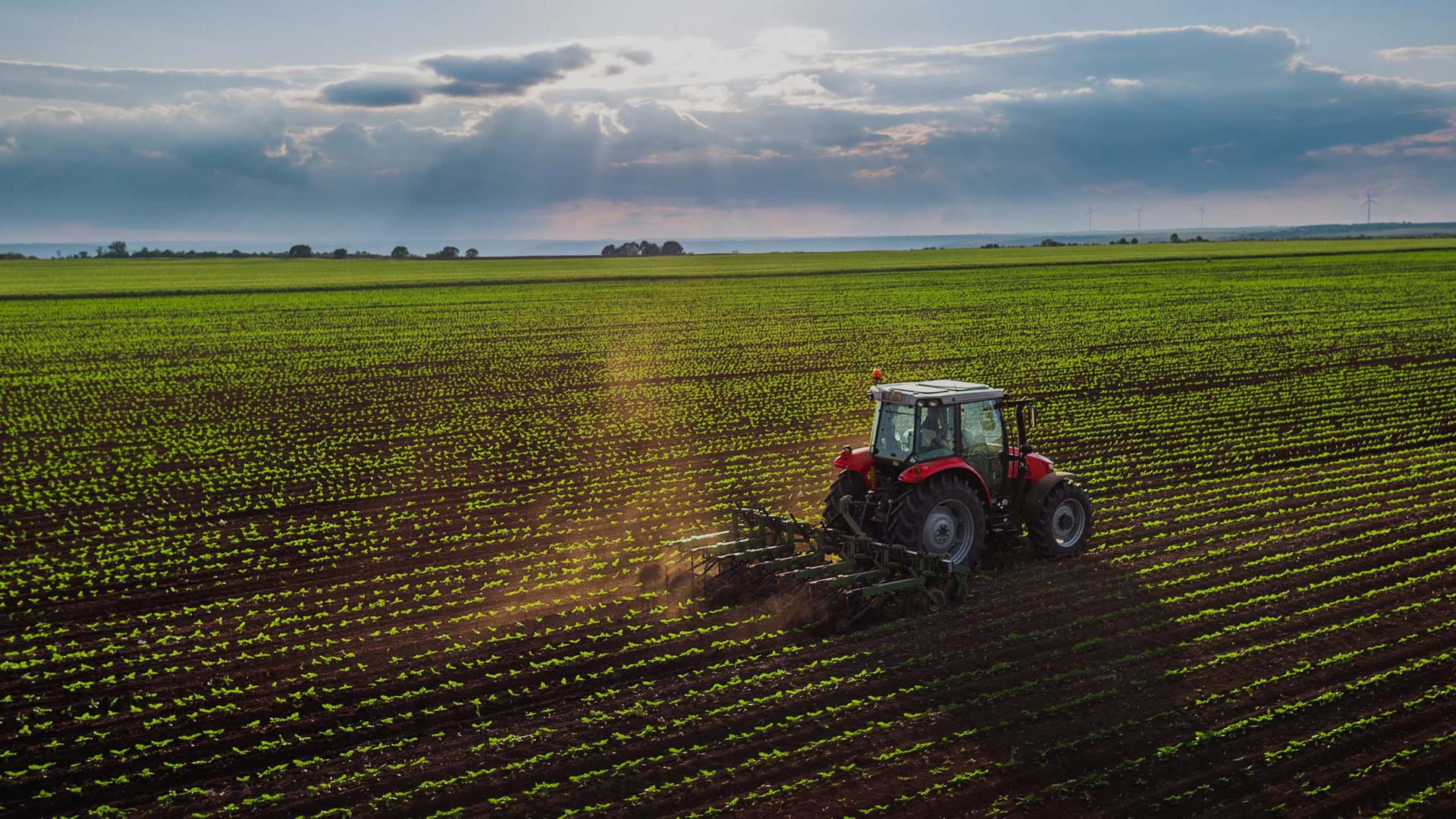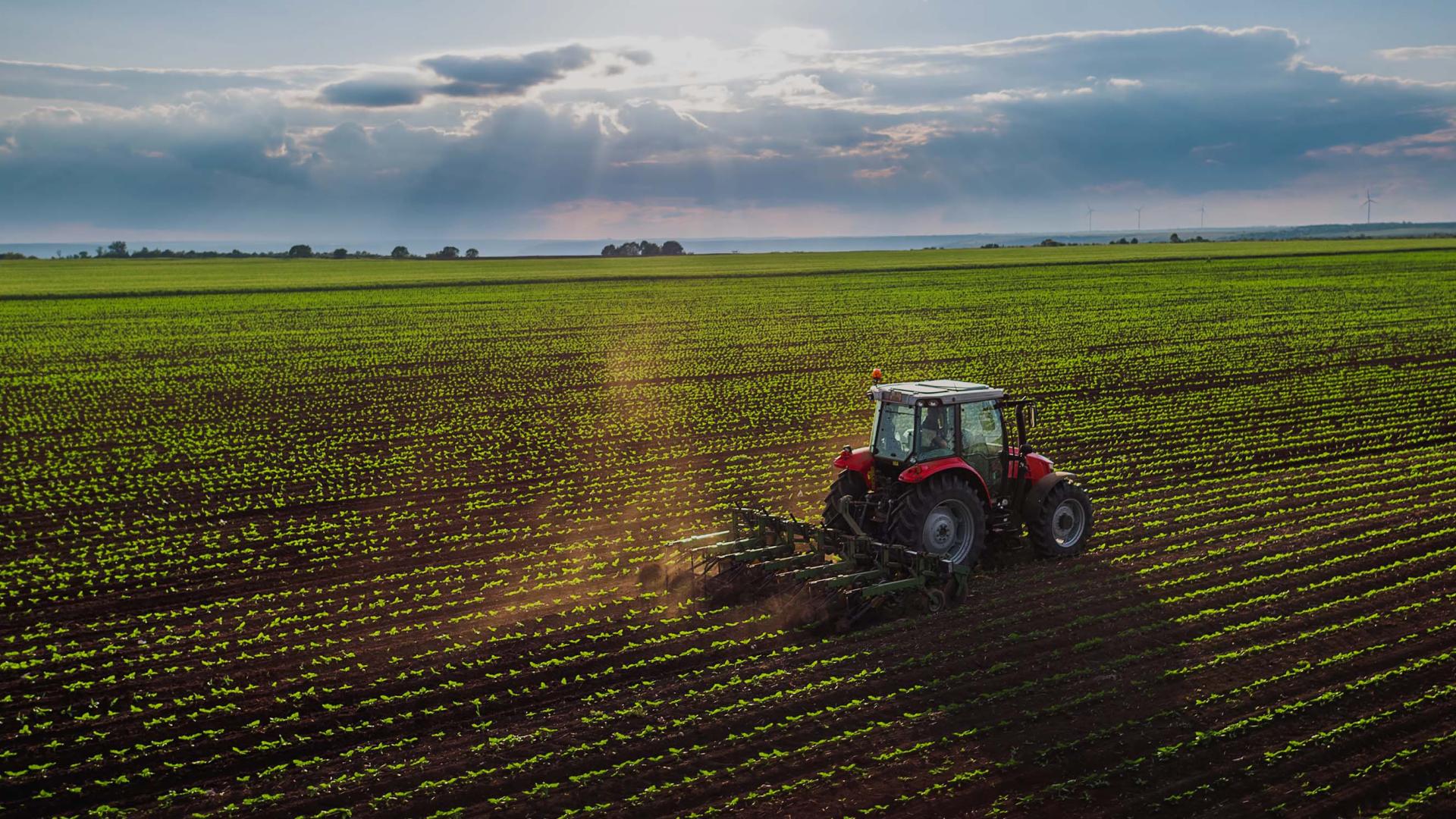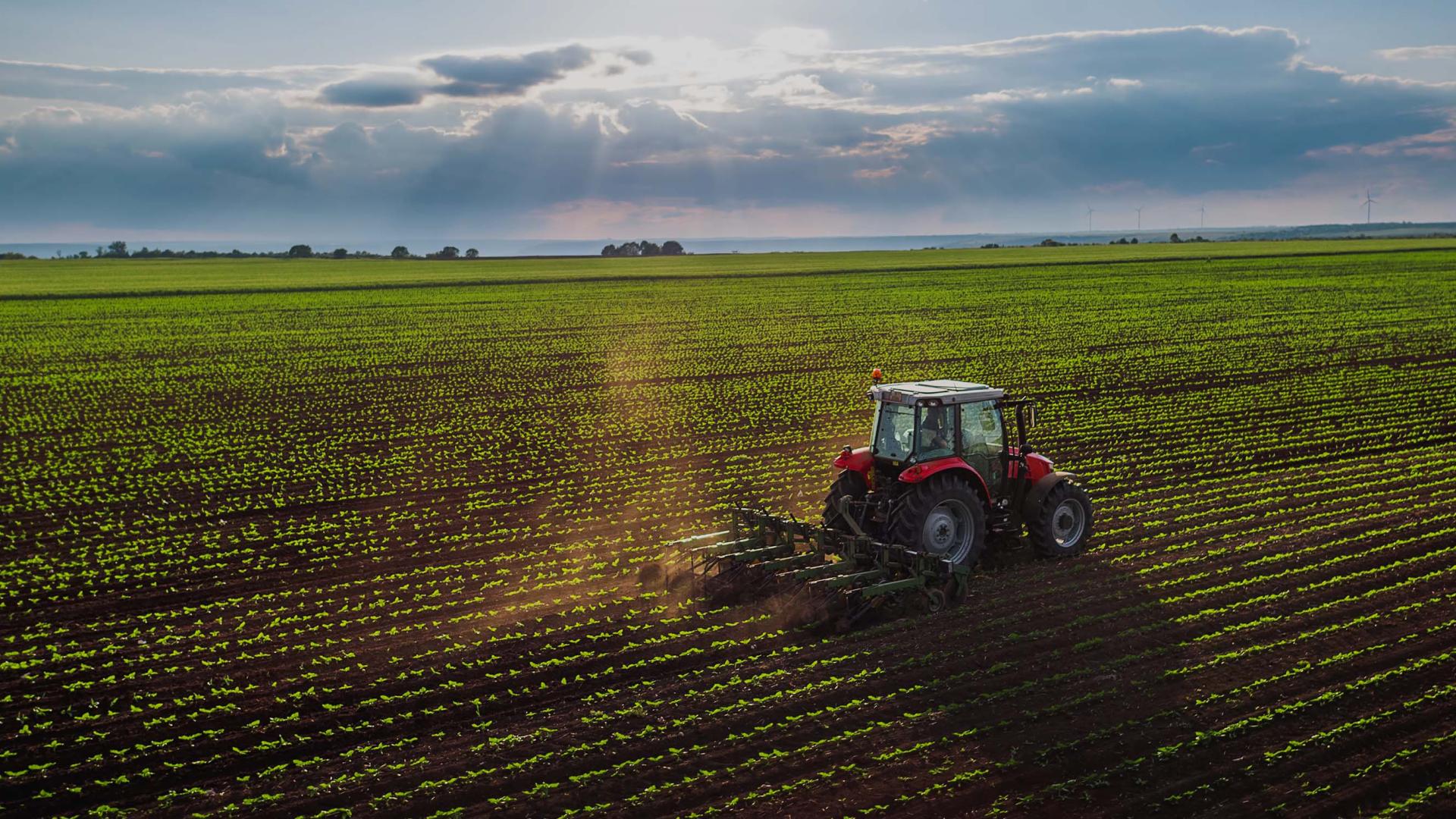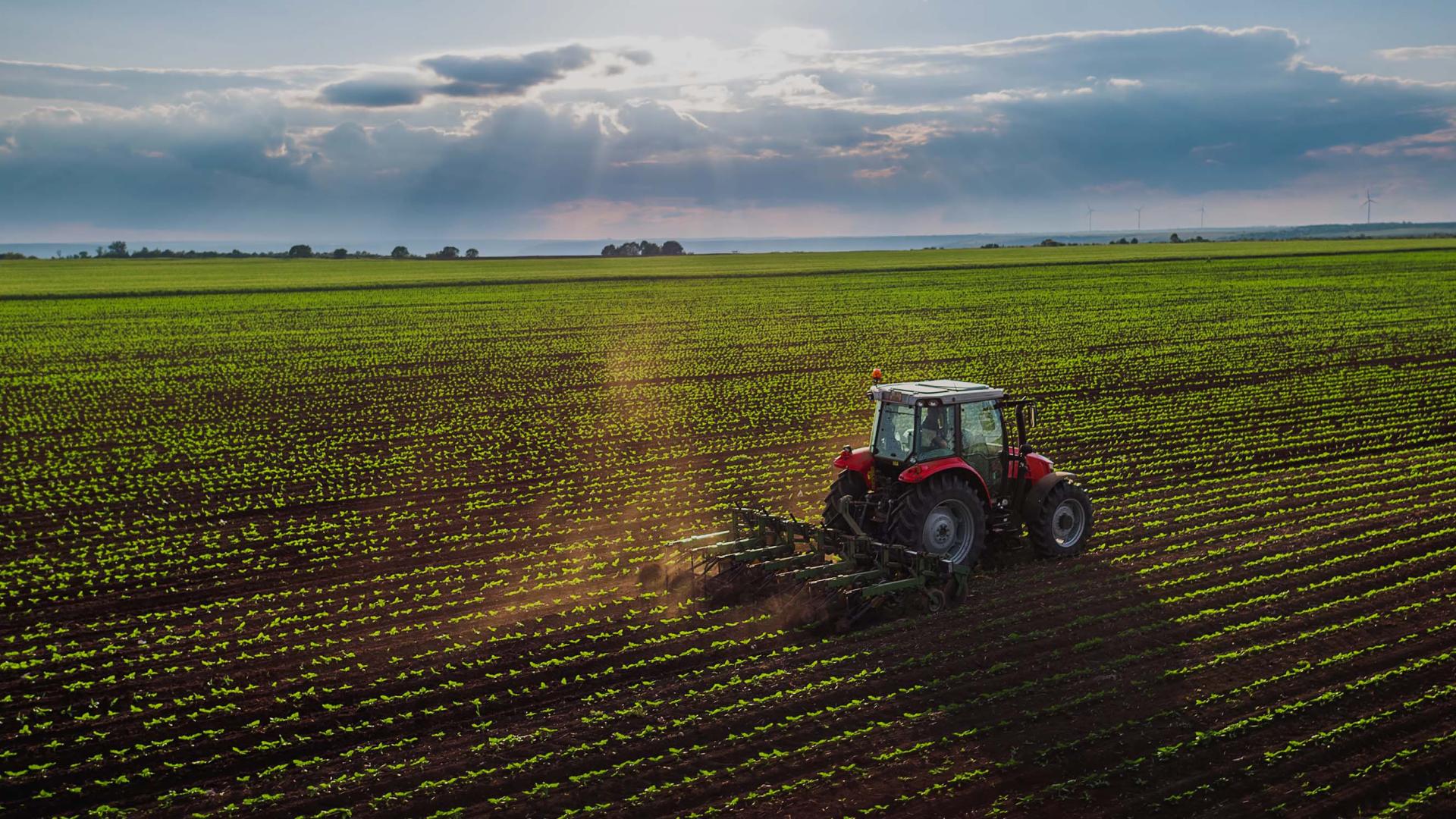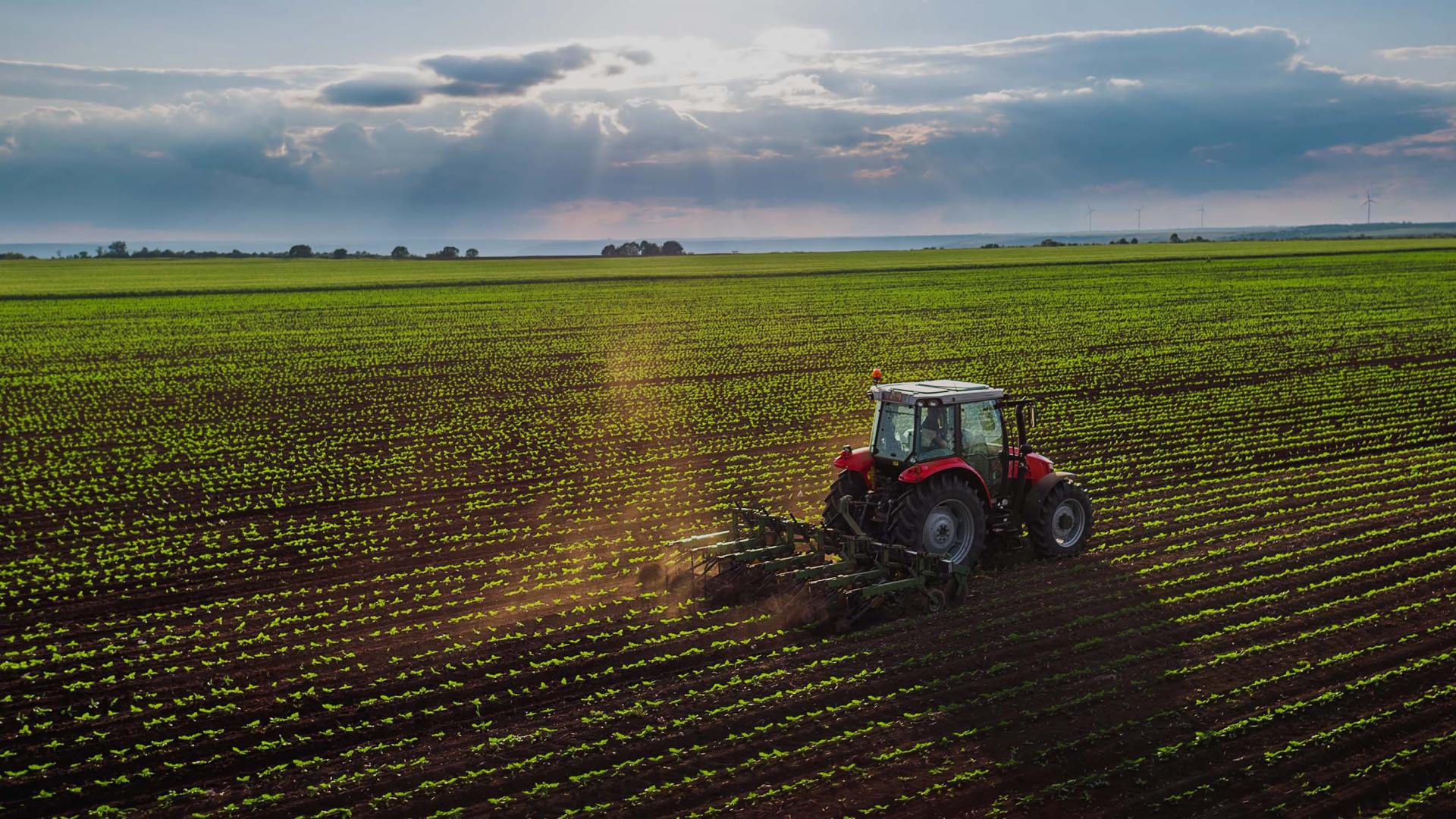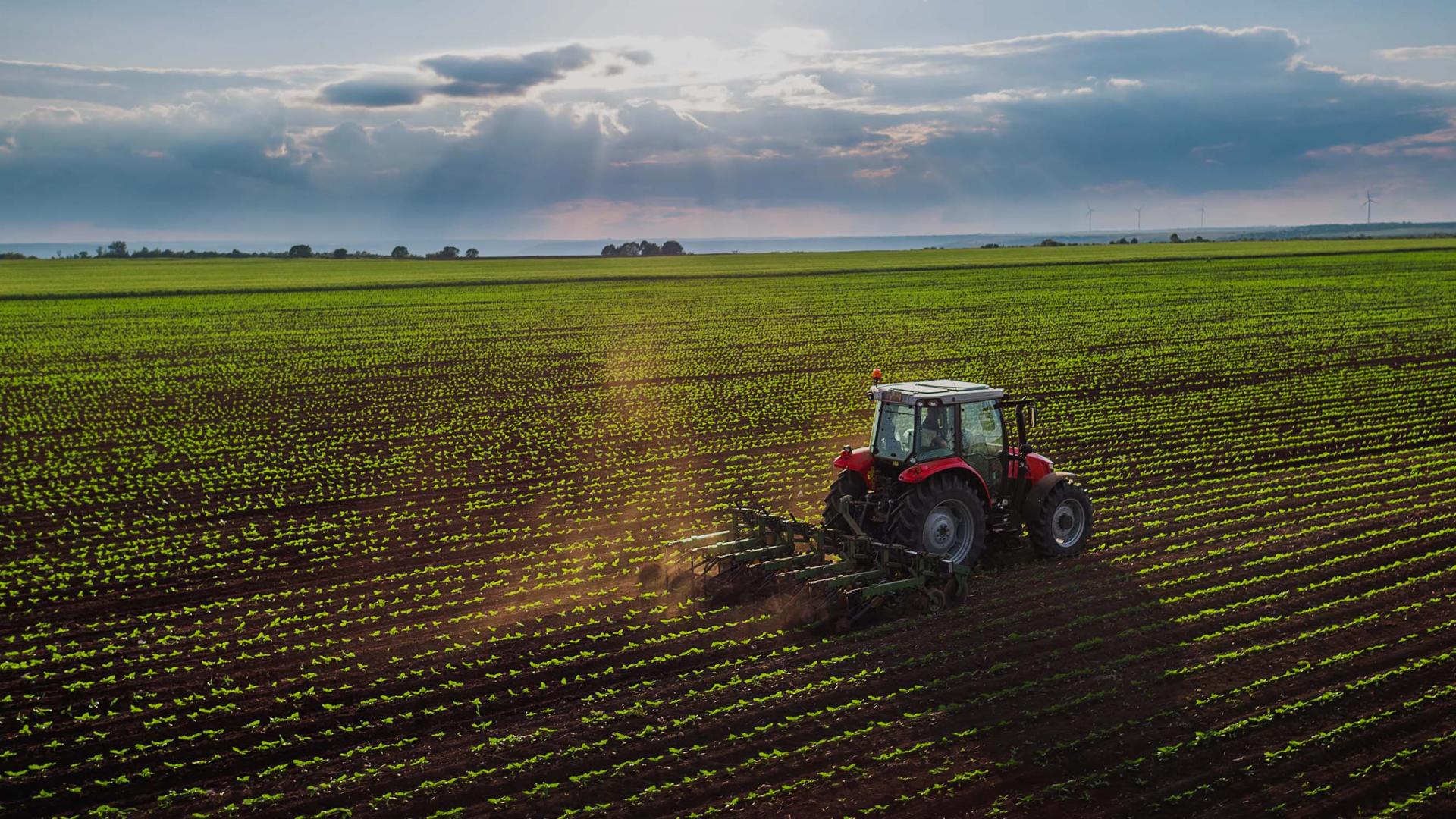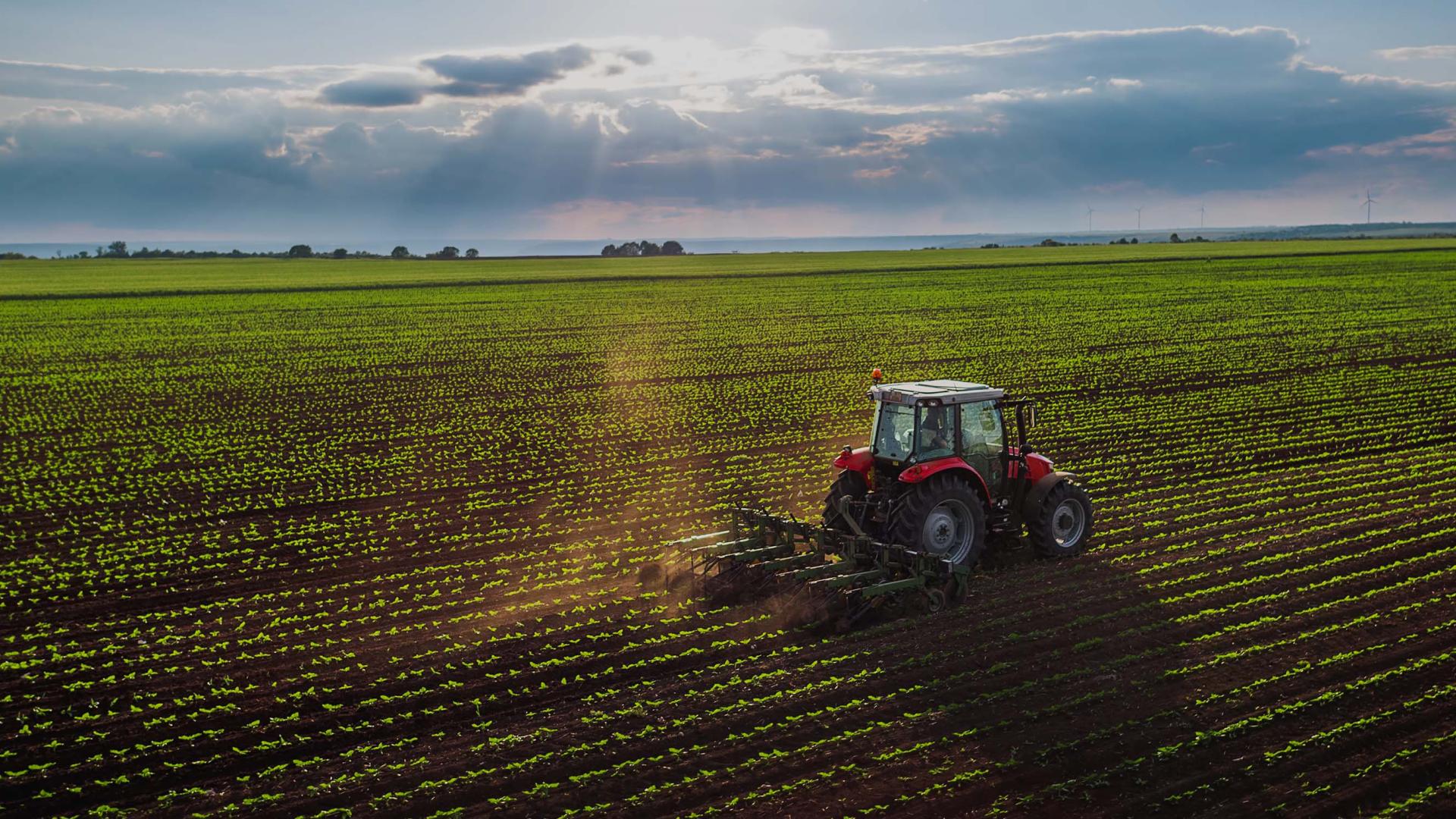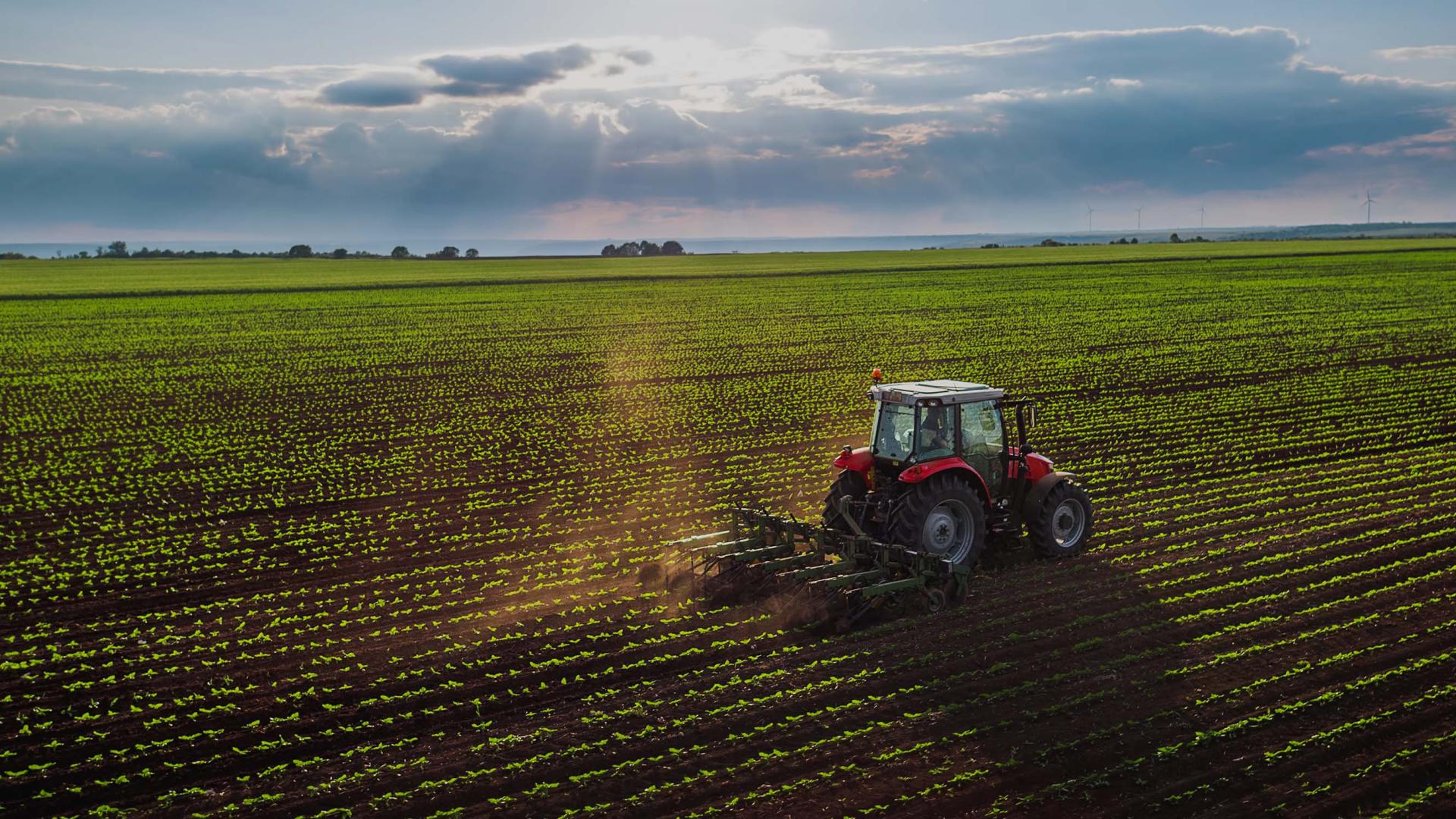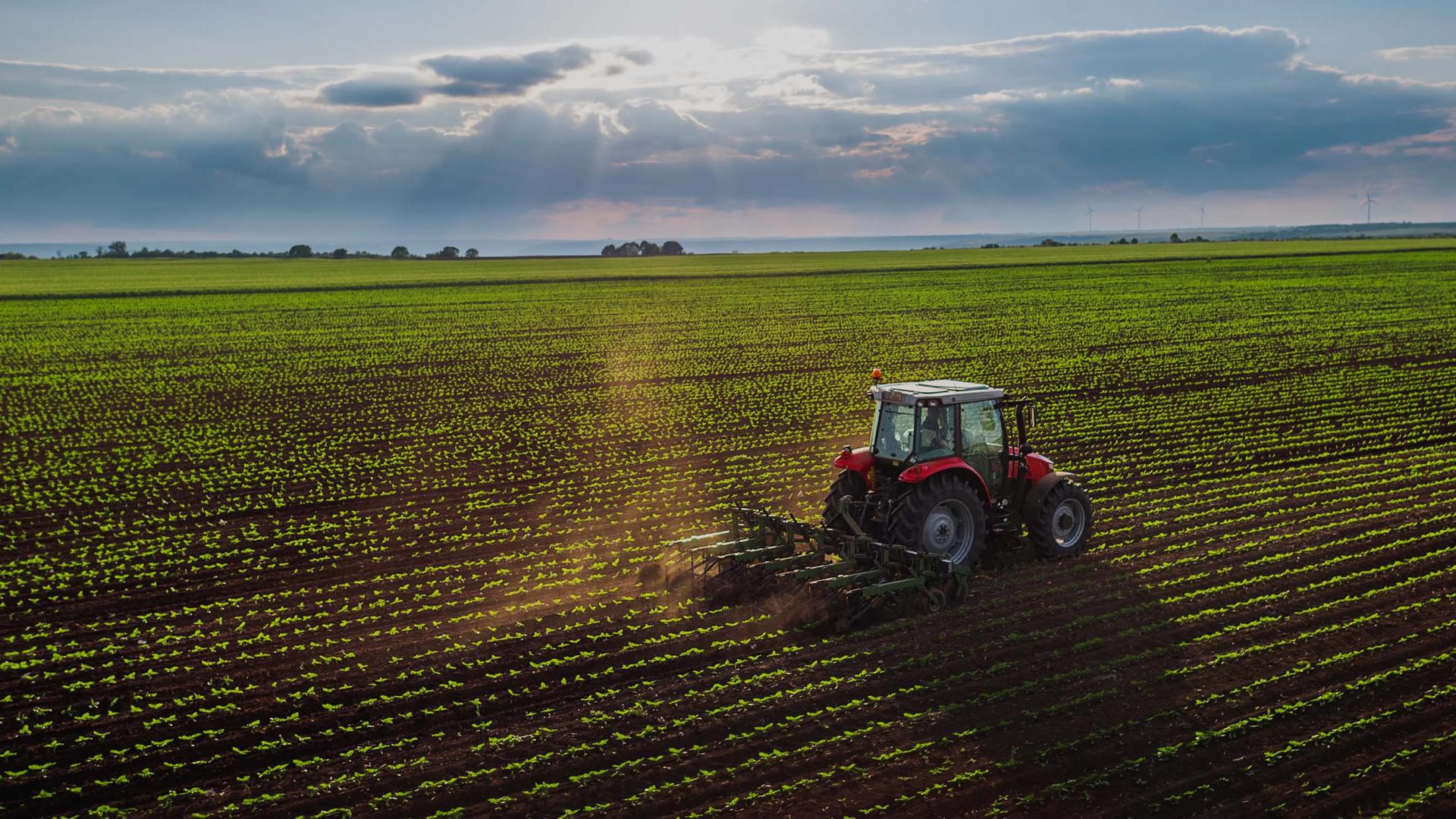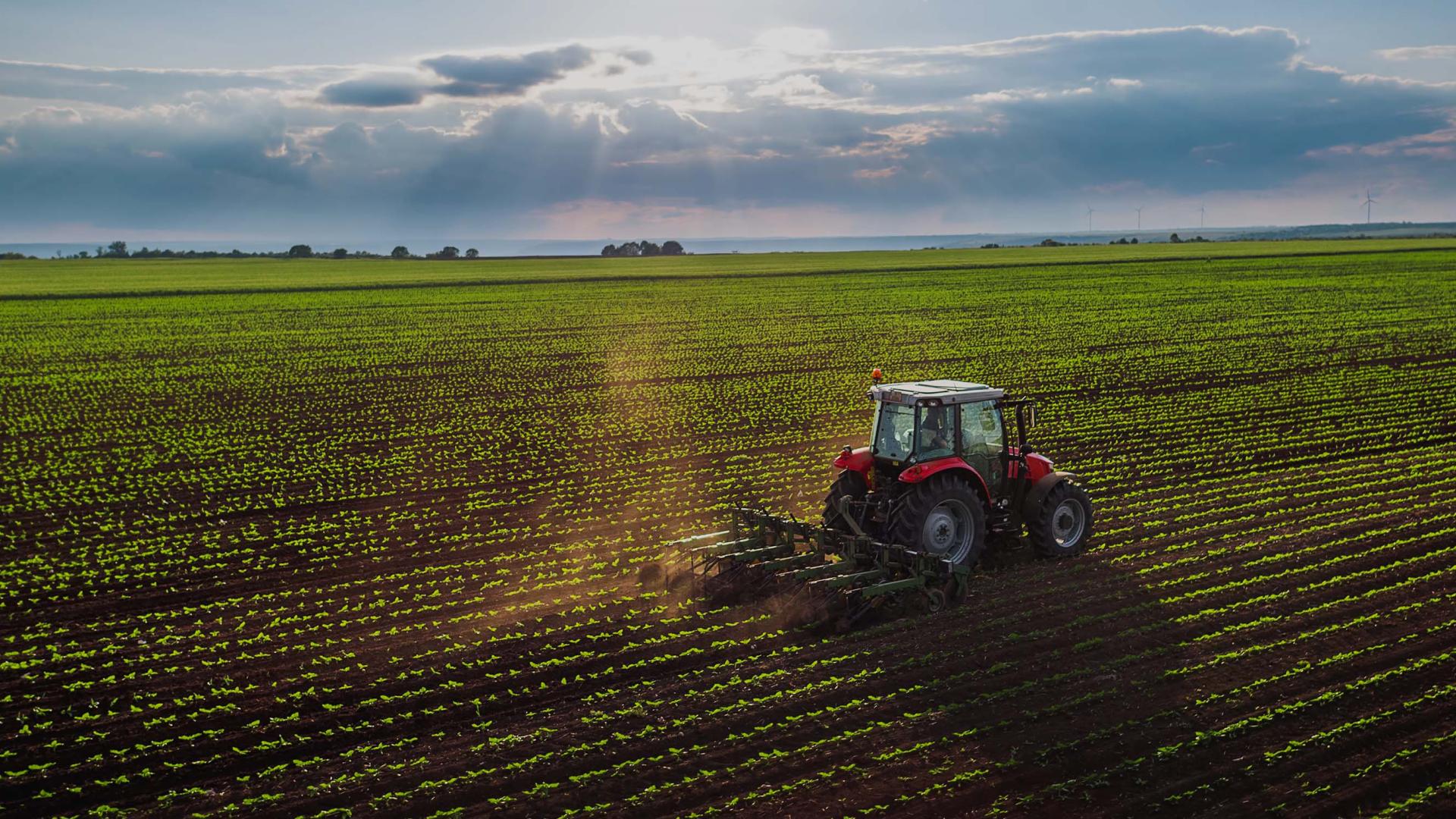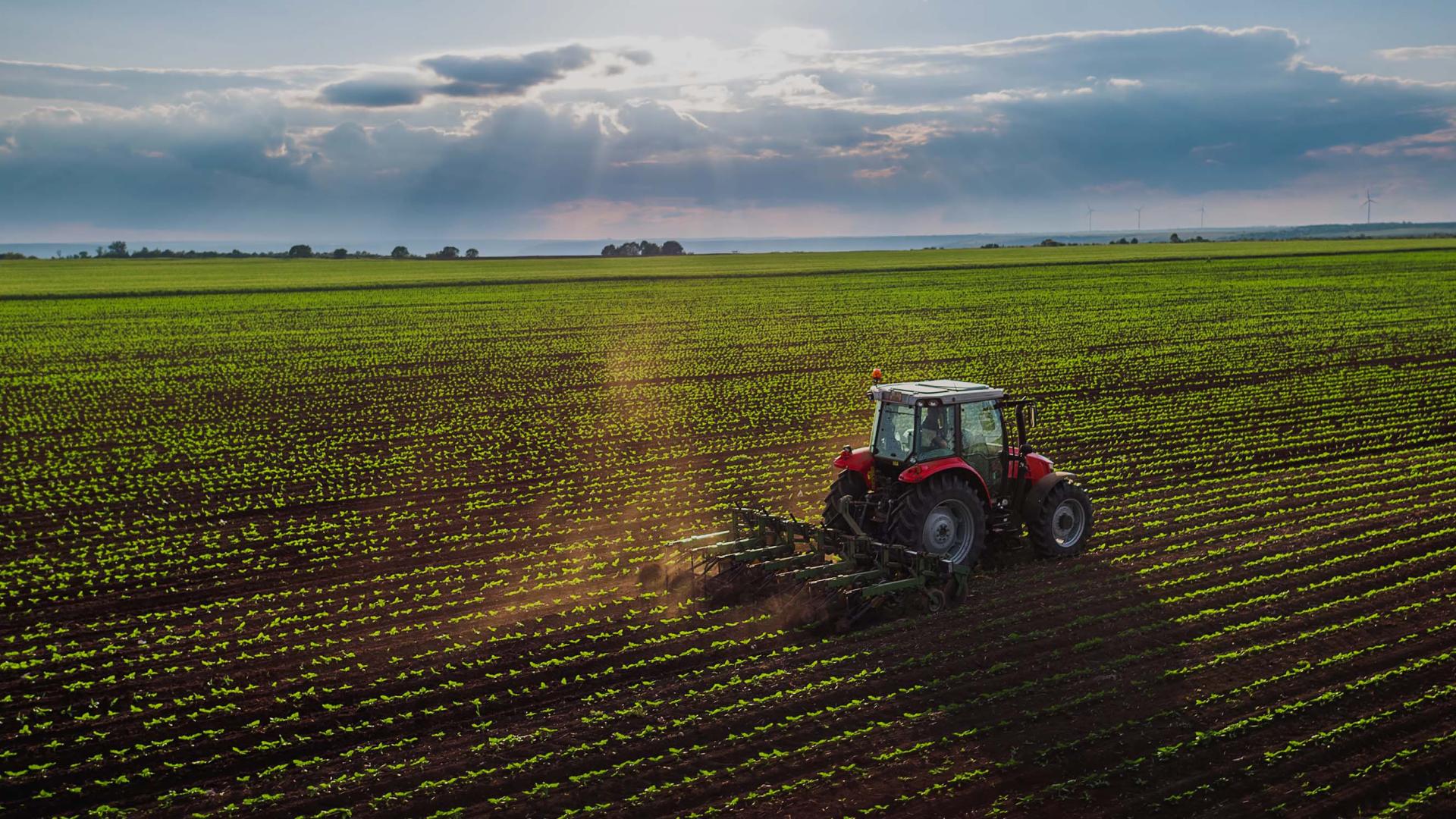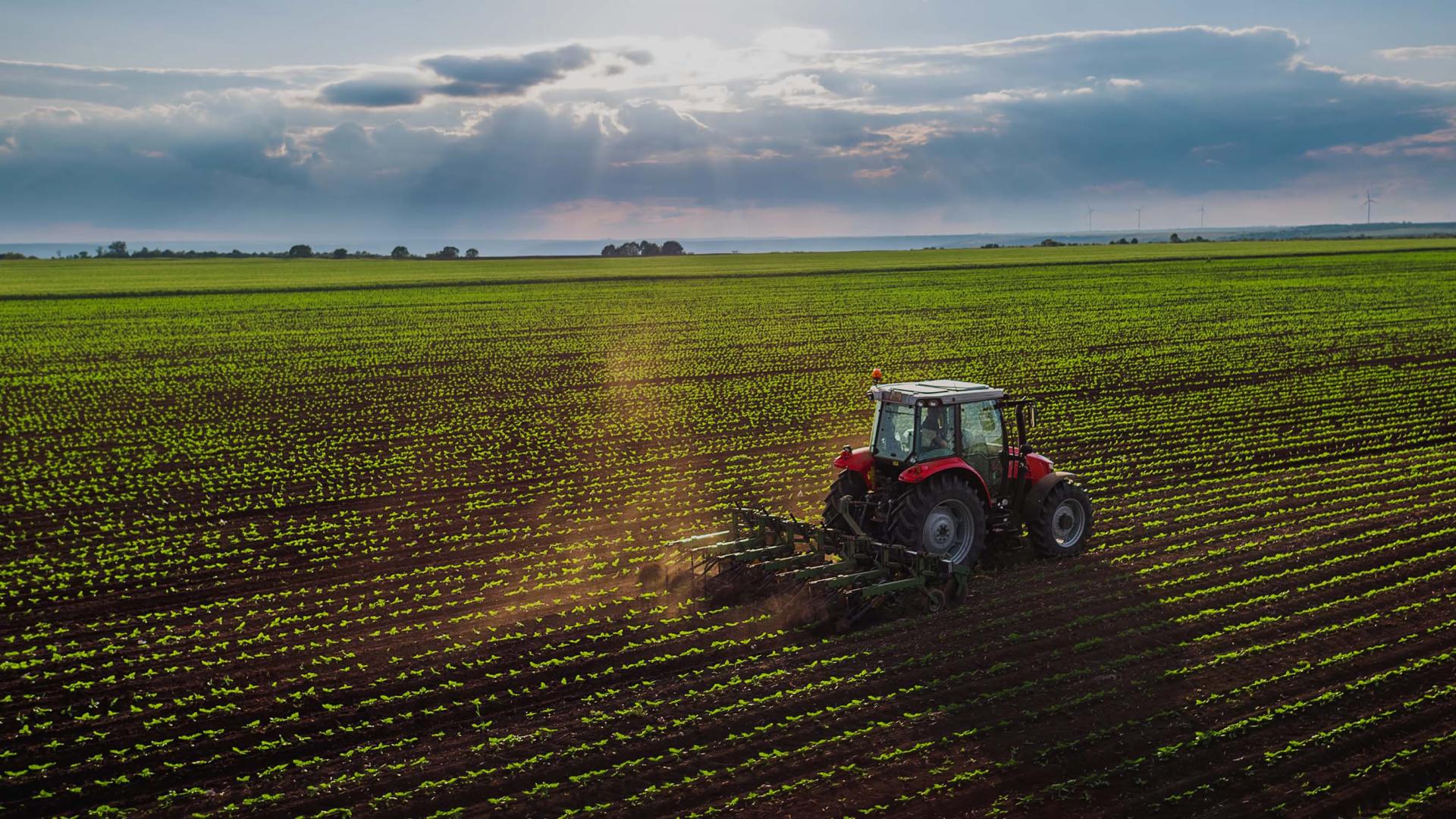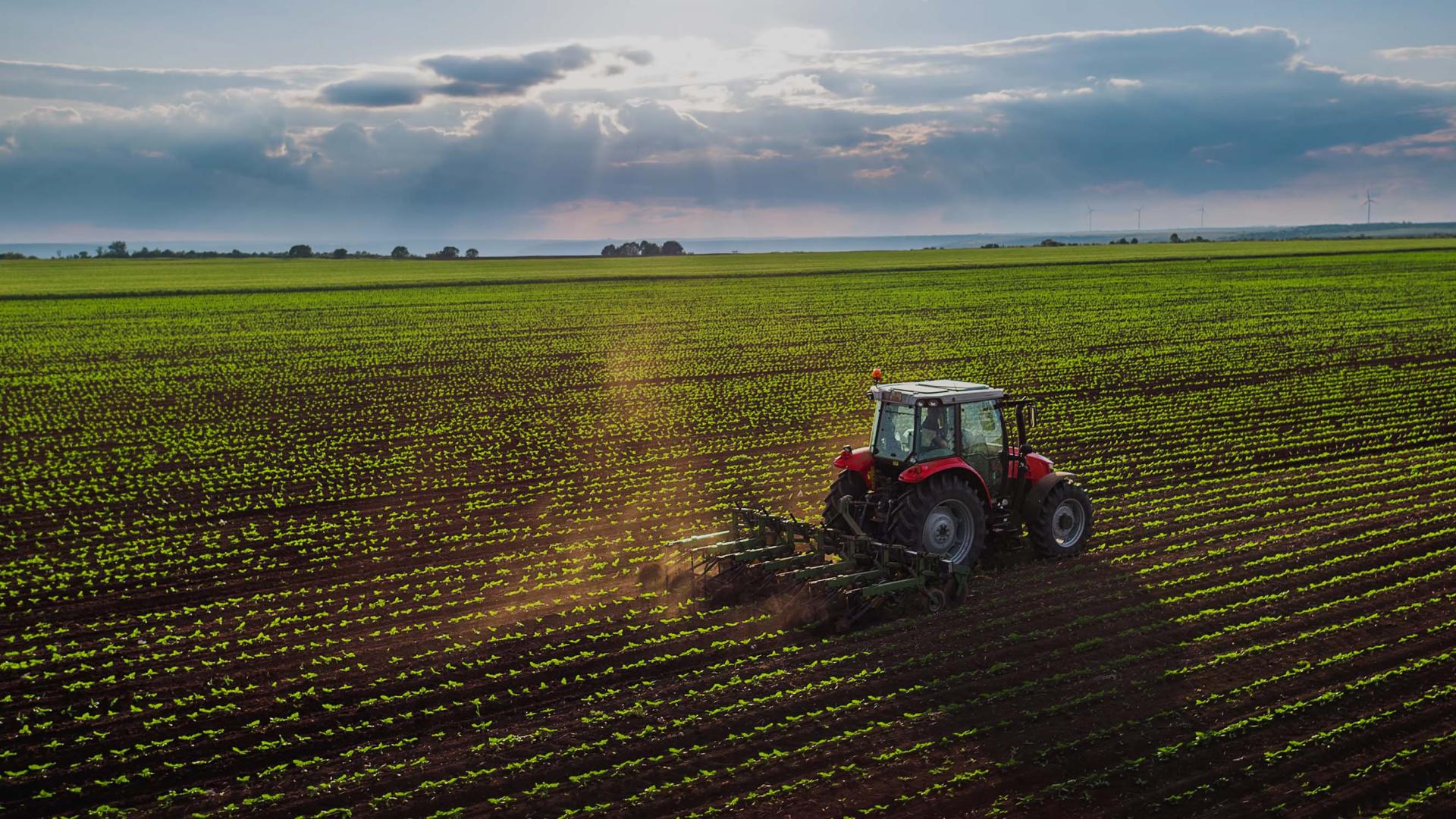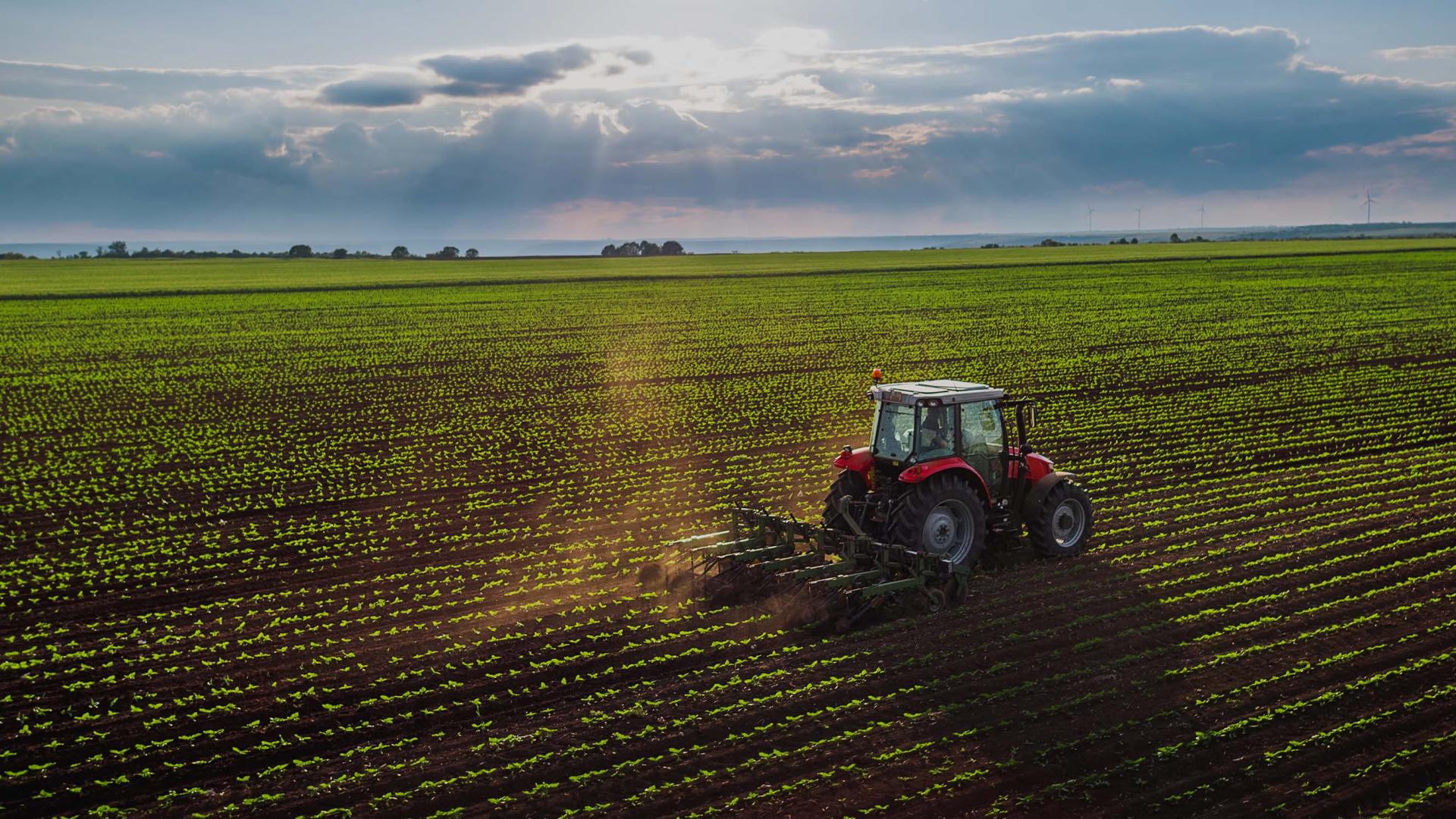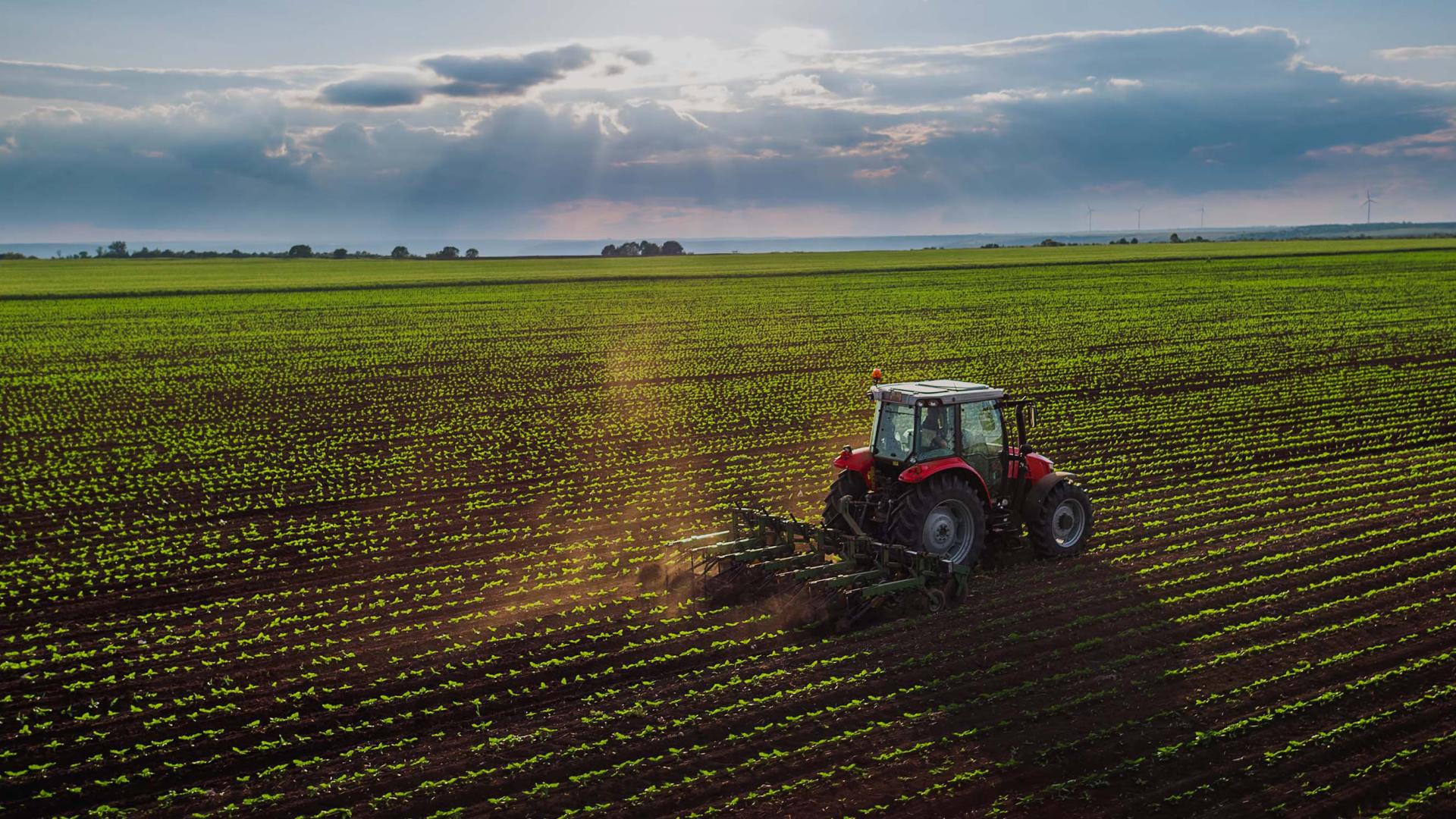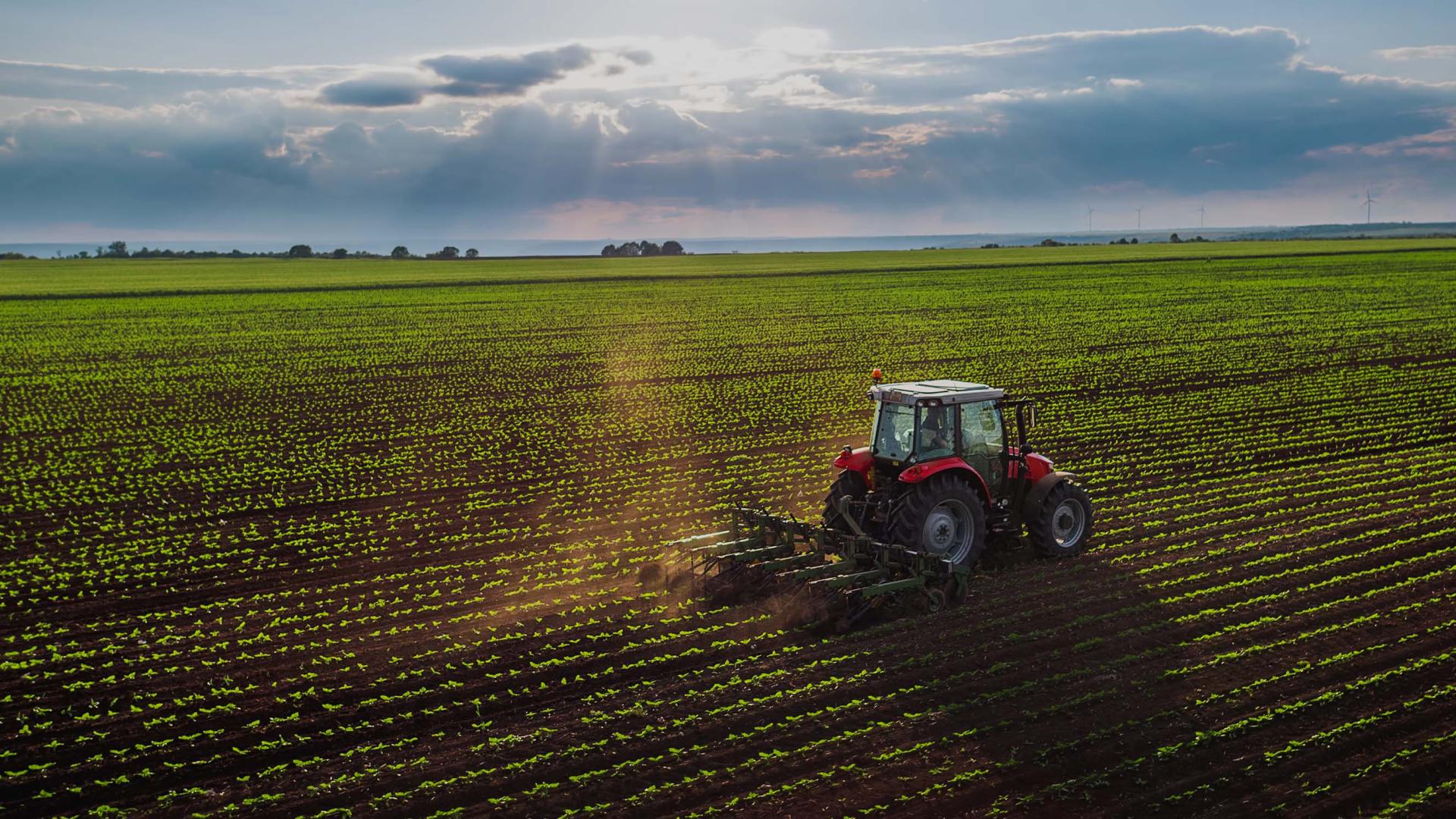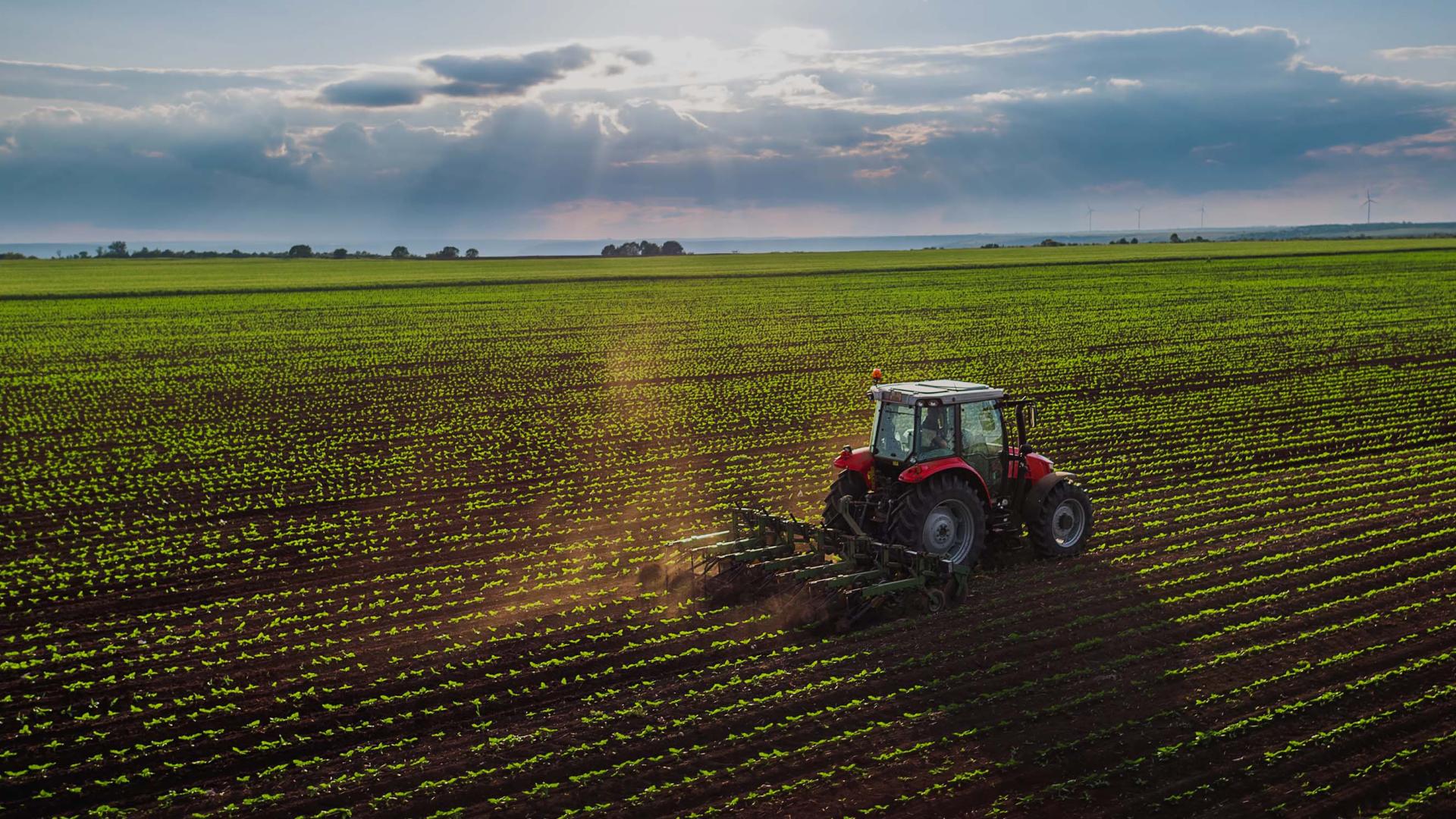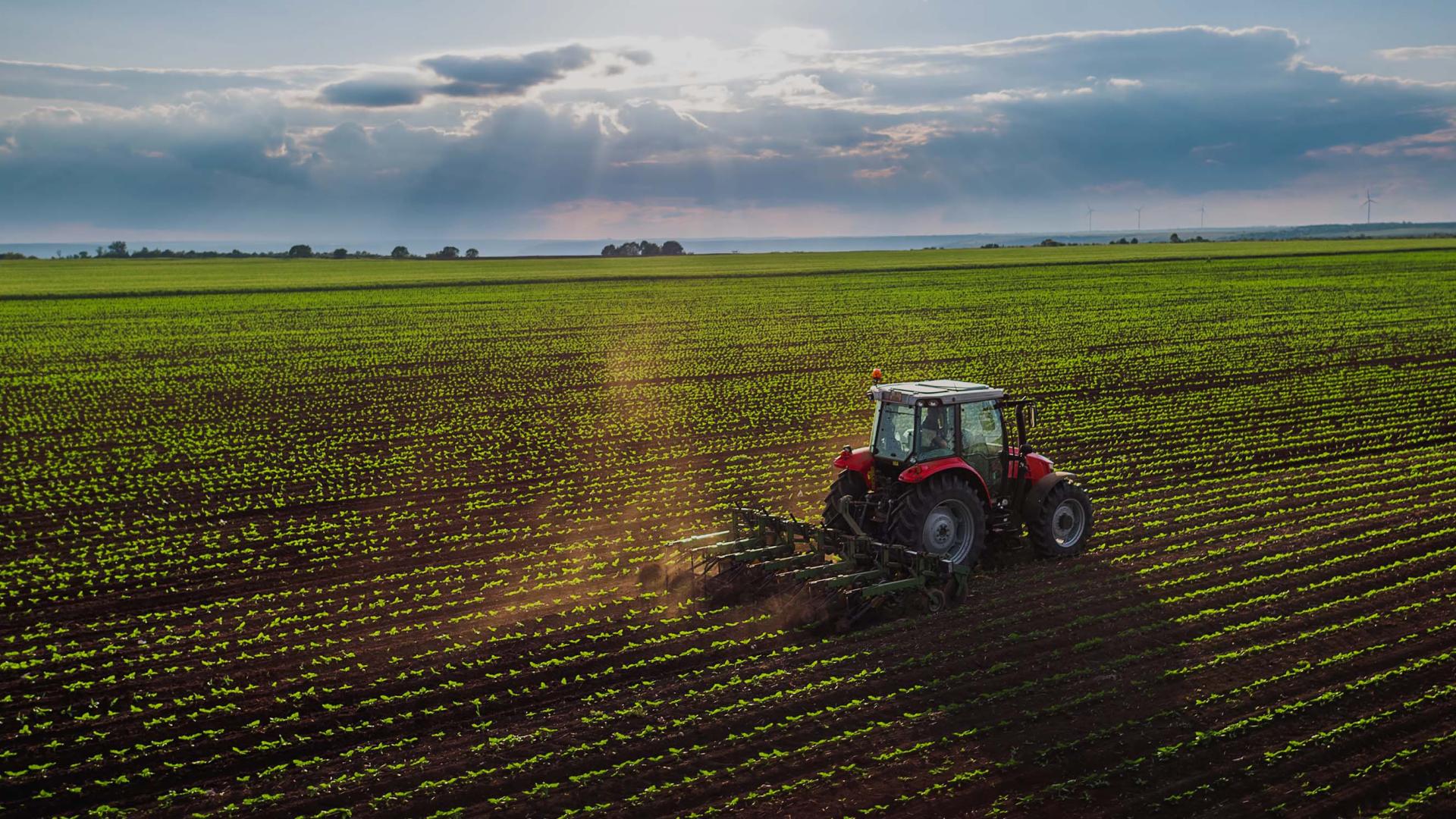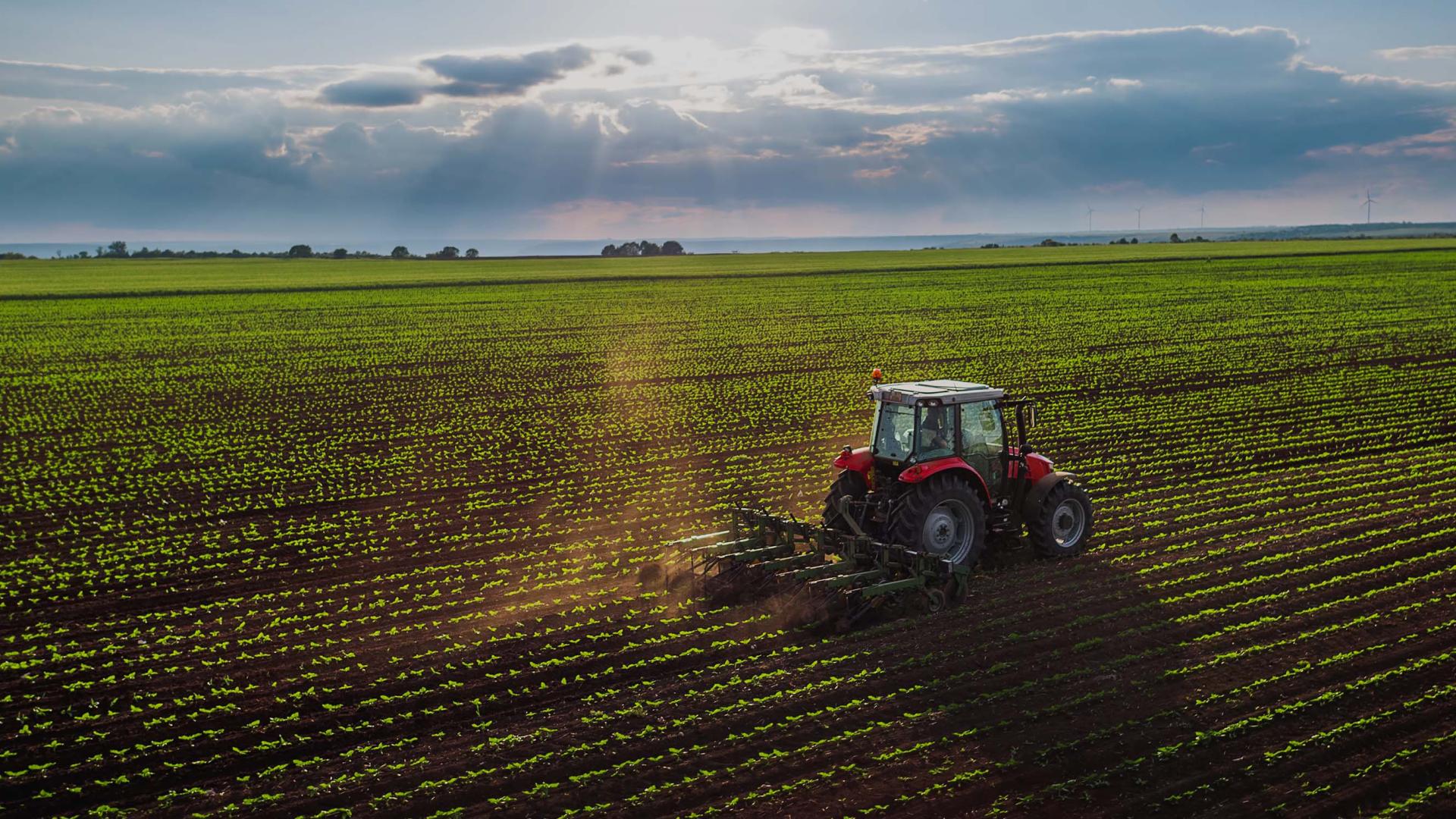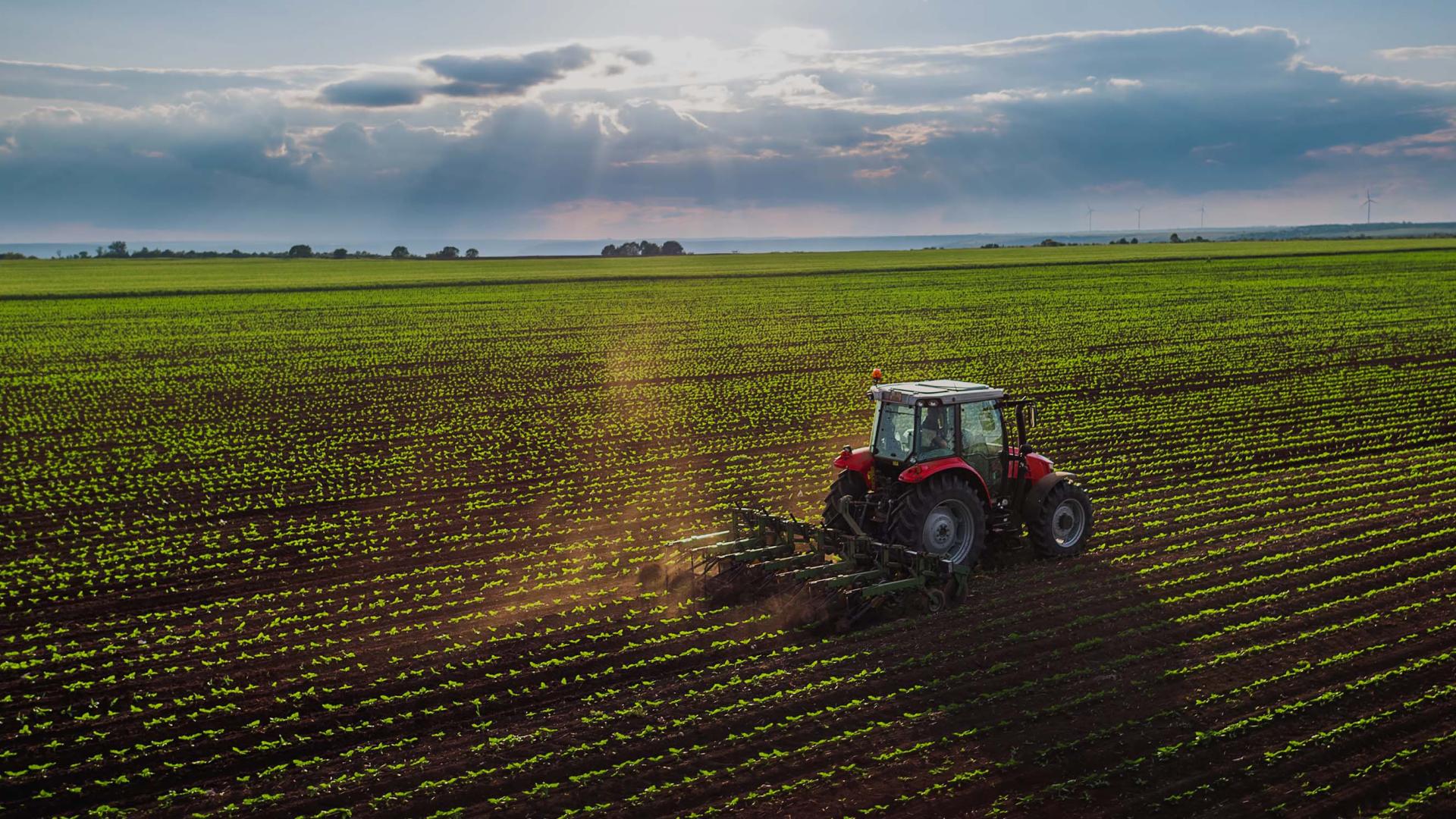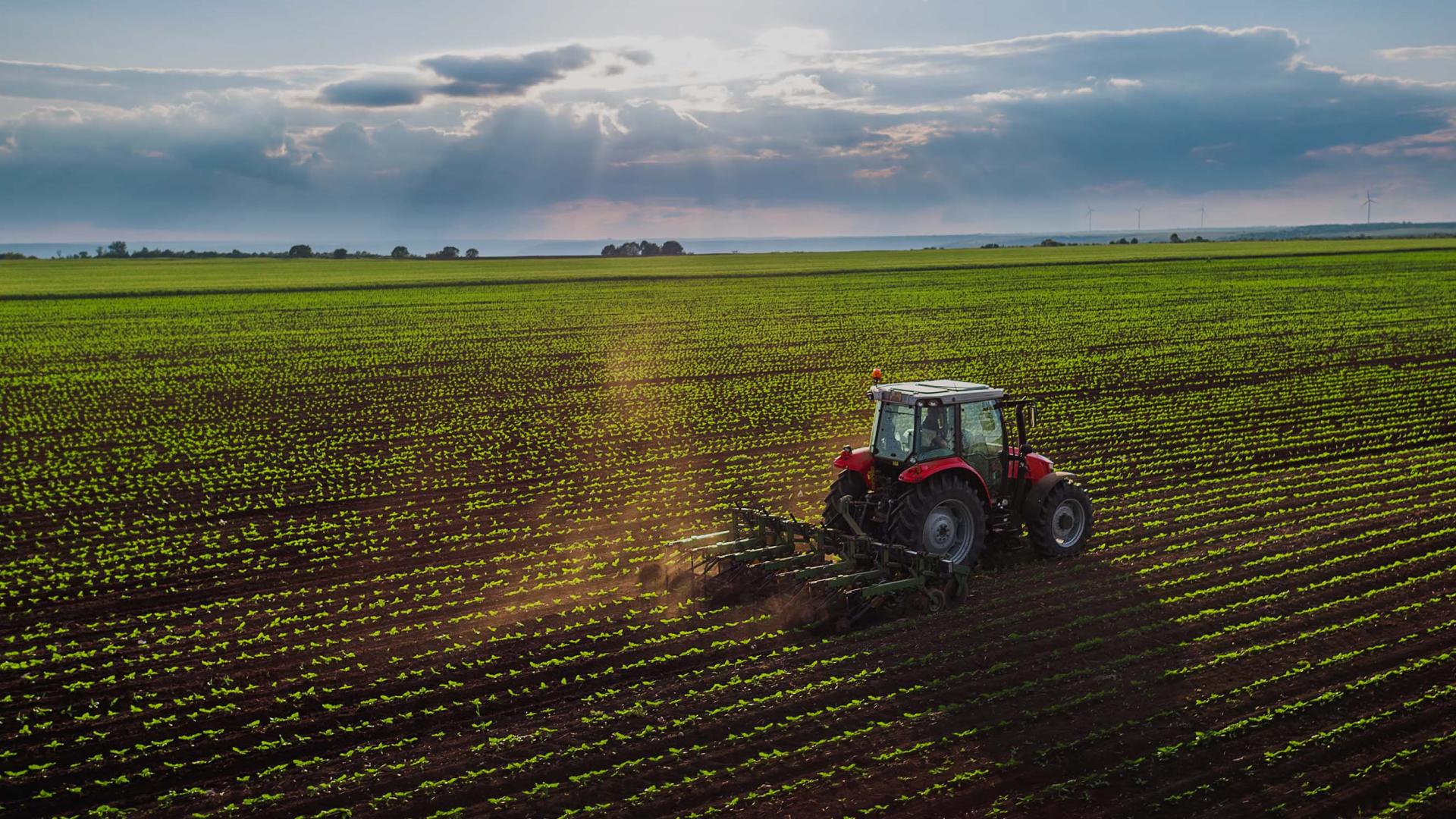Tenant farming remains a cornerstone of UK agriculture, with thousands of farmers operating on rented land under various tenancy agreements. Whether you're farming under an Agricultural Holdings Act (AHA) tenancy, a Farm Business Tenancy (FBT), or a seasonal agreement, protecting your farming operation with appropriate insurance is crucial for your business's survival and success.
Understanding Tenant Farm Insurance
Tenant farm insurance is a specialized form of agricultural insurance designed specifically for farmers who rent rather than own their land. Unlike owner-occupier farmers who can rely on standard farm insurance policies, tenant farmers face unique risks and responsibilities that require tailored coverage.
The complexity of tenant farming arrangements means that insurance needs vary significantly depending on the type of tenancy, the responsibilities outlined in your tenancy agreement, and the specific farming activities you undertake. Understanding these nuances is essential for securing adequate protection.
Types of Tenant Farm Arrangements
Agricultural Holdings Act (AHA) Tenancies
AHA tenancies, established before 1995, typically offer greater security of tenure but come with specific obligations regarding land maintenance and improvement. Under these agreements, tenants often have responsibility for maintaining buildings, fencing, and drainage systems, creating significant insurance requirements.
Farm Business Tenancies (FBT)
FBT agreements, introduced in 1995, offer more flexibility but can vary widely in their terms. Some FBTs place extensive maintenance responsibilities on the tenant, while others limit tenant obligations. Your insurance needs will depend heavily on the specific terms of your FBT agreement.
Seasonal and Short-Term Agreements
Seasonal lettings and short-term agreements, often used for specific crops or grazing, create unique insurance challenges. The temporary nature of these arrangements doesn't diminish the need for comprehensive coverage during the tenancy period.
Key Insurance Coverages for Tenant Farmers
Public Liability Insurance
Public liability coverage is essential for all tenant farmers, protecting against claims from third parties who may be injured on the farm or suffer property damage due to your farming activities. This coverage is particularly important given that tenant farmers often have public rights of way crossing their rented land.
Coverage typically includes protection against accidents involving farm vehicles, livestock escapes, crop spraying incidents, and injuries to visitors or contractors. With claim amounts potentially reaching millions of pounds, adequate public liability limits are crucial.
Employers' Liability Insurance
If you employ staff, even on a seasonal basis, employers' liability insurance is legally required. This coverage protects against claims from employees who suffer injury or illness as a result of their work on the farm.
Tenant farmers often rely on seasonal workers, family members, and contractors, making it essential to understand who qualifies as an employee under insurance terms and ensuring all workers are properly covered.
Farm Buildings and Contents Insurance
The responsibility for insuring farm buildings depends on your tenancy agreement. Many tenant farmers are responsible for insuring buildings they use, even if they don't own them. This can include:
- Livestock housing and dairy parlors
- Grain stores and machinery sheds
- Farm offices and welfare facilities
- Tenant's fixtures and fittings
Contents insurance should cover farm equipment, machinery, livestock, crops, and consumable stores. For tenant farmers, it's crucial to distinguish between items you own and those belonging to the landlord.
Business Interruption Insurance
Business interruption coverage helps replace lost income and cover ongoing expenses if your farming operation is disrupted by an insured event. For tenant farmers, this might include coverage for:
- Loss of rental income if you sublet grazing or buildings
- Additional costs of alternative accommodation for livestock
- Increased costs of working following damage to essential facilities
- Loss of profits from crop or livestock enterprises
Machinery and Equipment Insurance
Farm machinery represents a significant investment for tenant farmers, who often need to provide their own equipment. Comprehensive machinery insurance should cover:
- Accidental damage and breakdown
- Theft and vandalism
- Transit coverage when moving between sites
- Hired-in plant and equipment
Livestock Insurance
Livestock insurance can provide crucial protection for tenant farmers, particularly those with high-value breeding stock or large commercial herds. Coverage options include:
- Mortality insurance for individual animals or herds
- Loss of use coverage for breeding animals
- Emergency slaughter compensation
- Disease outbreak protection
Crop Insurance
Weather-related crop losses can devastate a tenant farmer's income. Crop insurance options include:
- Multi-peril crop insurance covering weather damage
- Specific peril coverage for hail, frost, or flood damage
- Revenue protection combining yield and price protection
- Whole farm revenue insurance
Tenant-Specific Insurance Considerations
Tenancy Agreement Compliance
Your tenancy agreement will specify insurance requirements and responsibilities. Common provisions include:
- Minimum insurance levels you must maintain
- Requirements to name the landlord as an additional insured
- Obligations to provide proof of insurance coverage
- Restrictions on certain farming activities without additional insurance
Dilapidations and End-of-Tenancy Obligations
Many tenancy agreements require tenants to return the property in good condition, subject to fair wear and tear. Insurance considerations include:
- Coverage for accidental damage to landlord's property
- Protection against dilapidations claims
- End-of-tenancy dispute resolution costs
Improvements and Tenant's Fixtures
Tenant farmers often invest in improvements to rented property. Insurance should cover:
- Tenant's fixtures and fittings
- Improvements made during the tenancy
- Compensation for improvements at tenancy end
Risk Management for Tenant Farmers
Environmental Risks
Tenant farmers face significant environmental liability risks, including:
- Pollution from fuel or chemical spills
- Contamination of watercourses
- Soil damage from farming operations
- Waste management issues
Environmental liability insurance provides essential protection against cleanup costs and third-party claims arising from pollution incidents.
Biosecurity and Disease Control
Disease outbreaks can have catastrophic consequences for tenant farmers. Risk management strategies include:
- Implementing robust biosecurity protocols
- Maintaining detailed movement records
- Ensuring adequate disease outbreak insurance
- Planning for business continuity during restrictions
Weather and Climate Risks
Climate change is increasing weather volatility, creating new challenges for tenant farmers. Risk management approaches include:
- Diversifying farming enterprises
- Investing in weather protection infrastructure
- Utilizing weather derivatives and insurance products
- Developing drought and flood contingency plans
Choosing the Right Insurance Provider
Specialist Agricultural Insurers
Working with insurers who understand tenant farming is crucial. Specialist agricultural insurers offer:
- Expertise in tenant farming arrangements
- Flexible policy terms to match tenancy periods
- Understanding of agricultural risks and seasonal variations
- Claims handling experience in farming contexts
Policy Flexibility
Tenant farmers need insurance policies that can adapt to changing circumstances:
- Ability to adjust coverage as tenancy terms change
- Seasonal variations in coverage levels
- Options to add or remove coverage elements
- Flexibility for changing farming enterprises
Claims Considerations for Tenant Farmers
Notification Requirements
Tenant farmers must understand their obligations when claims occur:
- Immediate notification to insurers
- Informing landlords of significant incidents
- Preserving evidence and preventing further damage
- Coordinating with other interested parties
Settlement and Recovery
Claims settlement can be complex in tenant farming situations:
- Determining responsibility between tenant and landlord
- Coordinating payments for shared interests
- Managing business interruption during claim resolution
- Ensuring compliance with tenancy agreement terms
Cost Management Strategies
Risk Assessment and Reduction
Implementing effective risk management can help control insurance costs:
- Regular safety audits and training programs
- Preventive maintenance of equipment and facilities
- Environmental monitoring and protection measures
- Diversification to reduce concentration risks
Policy Structuring
Working with experienced brokers to structure policies effectively:
- Appropriate excess levels to balance cost and coverage
- Annual vs. seasonal policy terms
- Combining coverages for efficiency
- Utilizing group schemes where available
Legal and Regulatory Compliance
Statutory Requirements
Tenant farmers must comply with various legal requirements:
- Employers' liability insurance where required
- Motor insurance for farm vehicles
- Environmental permits and associated insurance
- Health and safety compliance
Industry Standards
Many sectors have specific insurance requirements:
- Assured farm schemes requiring minimum coverage levels
- Processor requirements for supplier insurance
- Organic certification insurance obligations
- Quality assurance scheme compliance
Future Considerations
Changing Agricultural Landscape
The agricultural sector is evolving rapidly, creating new insurance needs:
- Sustainable farming practice requirements
- Technology integration and cyber risks
- Changing consumer demands and market volatility
- Post-Brexit agricultural policy implications
Climate Adaptation
Climate change will continue to affect tenant farming:
- Increased weather volatility requiring enhanced coverage
- New crop varieties and farming methods
- Water resource management challenges
- Carbon sequestration and environmental services
Conclusion
Tenant farm insurance represents a critical investment in protecting your agricultural business against the unique risks faced by farmers operating on rented land. The complexity of tenant farming arrangements, combined with the inherent risks of agricultural operations, makes comprehensive insurance coverage essential for business survival and success.
Success in securing appropriate coverage depends on understanding your specific tenancy arrangements, identifying the risks unique to your farming operation, and working with experienced insurance professionals who understand the agricultural sector. Regular review of your insurance arrangements ensures that coverage remains adequate as your business evolves and tenancy terms change.
The investment in comprehensive tenant farm insurance provides not just financial protection but also peace of mind, allowing you to focus on what you do best – farming – while knowing that your business is protected against the unexpected challenges that agricultural operations inevitably face.
Whether you're a new entrant to farming through a tenancy arrangement or an experienced tenant farmer looking to review your coverage, taking the time to understand and secure appropriate insurance protection is one of the most important business decisions you'll make.
Get Expert Advice on Tenant Farm Insurance
At Insure24, we understand the unique challenges facing tenant farmers. Our specialist team can help you navigate the complexities of agricultural insurance and find the right coverage for your specific tenancy arrangement.
Contact us today on 0330 127 2333 or visit www.insure24.co.uk for a tailored quote.


 0330 127 2333
0330 127 2333
